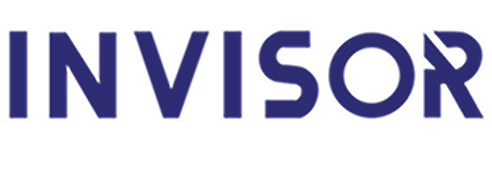Skills Gap Analysis: What Employers Really Want vs What Students Learn
The divide between academic learning and industry expectations has never been more visible. As organizations evolve with technology and dynamic business needs, many graduates struggle to align their education with real-world job requirements. This widening gap known as the skills gap directly affects employability and the ability to secure a competitive position, whether in finance, accounting, or management.
Understanding the Skills Gap
A skills gap occurs when the knowledge and capabilities students acquire in educational institutions don't match what employers expect in professional settings. While universities focus on theoretical concepts, employers seek practical skills such as analytical thinking, business communication, and digital proficiency that contribute to immediate productivity.
For instance, a finance graduate may understand accounting principles but lack exposure to real-world financial modeling or data analytics tools used daily in the workplace. This disconnect makes it harder to transition smoothly into a role or land a desired job after CMA USA certification.
What Employers Really Want
Modern employers are not just looking for degrees; they're looking for competence, confidence, and adaptability. Some of the most in-demand skills across industries include:
- Analytical and Critical Thinking: The ability to interpret data, identify trends, and support decision-making with evidence.
- Digital Literacy: Proficiency in software like Excel, ERP systems, and business intelligence tools.
- Communication Skills: Clear reporting and teamwork across departments and cultures.
- Problem-Solving Abilities: Applying concepts practically to address real business challenges.
- Ethical and Strategic Judgment: Especially important for finance professionals dealing with regulatory frameworks and global compliance.
Employers value graduates who can demonstrate not just what they know, but how they apply it effectively in real-life business contexts.
What Students Actually Learn
Most university curriculums remain focused on theory-heavy subjects like accounting fundamentals, economics, or management principles which are essential but often lack experiential learning. Few programs emphasize hands-on exposure through simulations, case studies, or industry collaboration.
As a result, while students can quote accounting standards confidently, they might struggle to interpret financial statements dynamically or use digital tools in a corporate setting. When they step into the workforce, employers expect them to perform immediately, sparking frustration on both sides.
This imbalance means that even highly qualified professionals sometimes find it challenging to secure their first job after CMA USA without additional industry-oriented training or certification support.
Bridging the Skills Gap
To close this gap, students and institutions must take a proactive approach:
- Incorporate Practical Training: Colleges should include real-world case studies, internships, and problem-solving projects.
- Leverage Technology: Exposure to accounting and analytics tools prepares graduates for digital-first roles.
- Encourage Professional Certifications: Global credentials like CMA USA add relevance by focusing on practical finance, strategy, and business decision-making.
- Soft Skill Development: Communication, leadership, and teamwork should be integral to every curriculum.
- Industry Collaboration: Partnerships between academia and employers ensure that education evolves with market needs.
When students combine academic brilliance with industry readiness, they become the professionals businesses actively seek.
Final Thoughts
The skills gap is not just an academic issue, it's an opportunity for change. As industries modernize and globalize, graduates must go beyond degrees to master practical, technology-driven, and strategic skills.
For those building careers in accounting or management, programs like CMA USA serve as a bridge between classroom knowledge and corporate expectations. Invisor has programs that bridge the gap between college and corporate with their offerings such as First Career Program (FCP), preparing graduates to confidently step into industry roles from day one.


